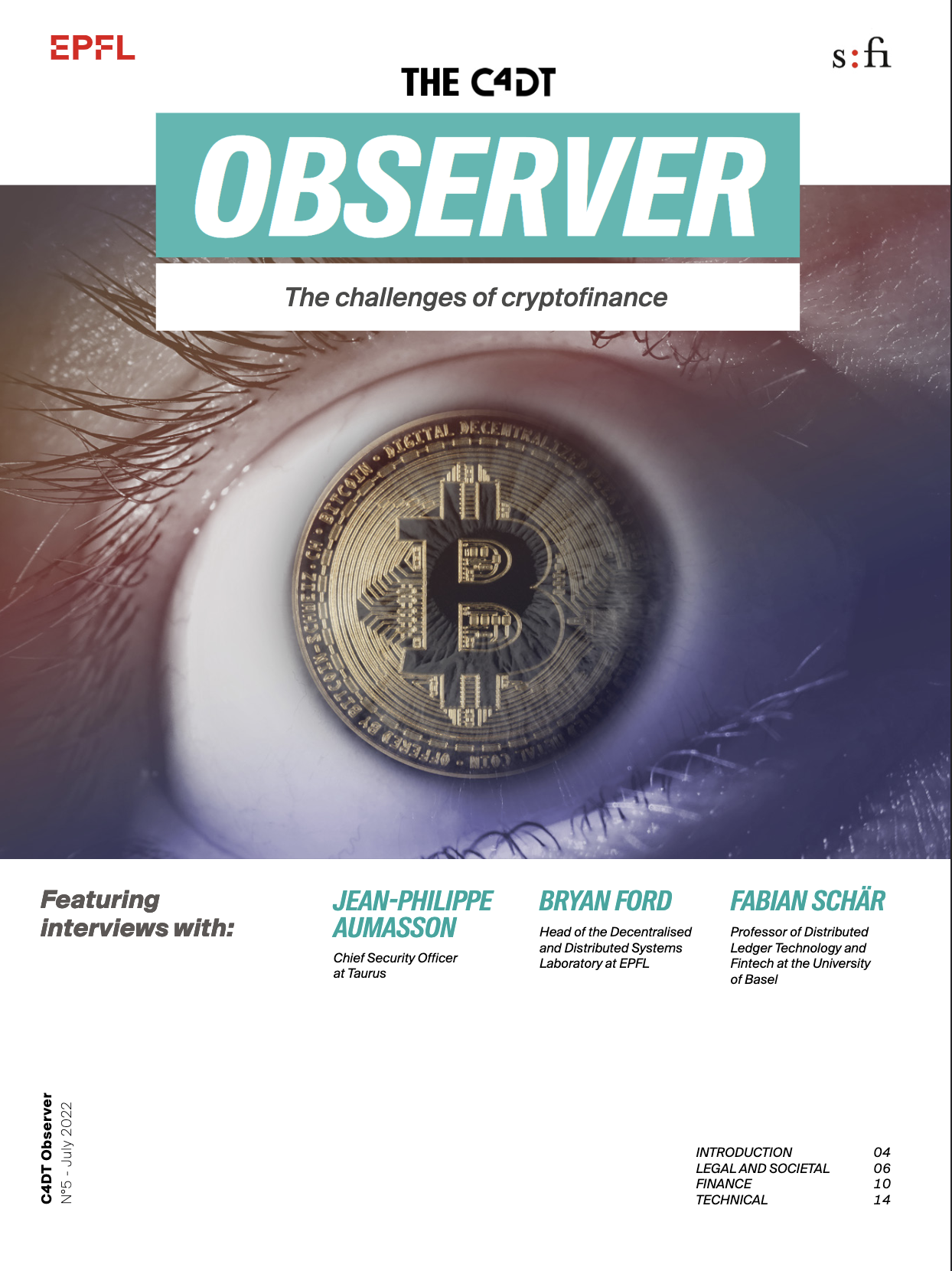
One of our jobs at the C4DT Factory is to work on promising projects from our affiliated labs. This helps the faculties translate their research into formats accessible to different audiences. For a newly on-boarded project, we evaluate its current state and identify the required steps towards a final product. We may then also (…)
“In the US, despite public skepticism and lack of trust, the crypto-currency industry is determined to assert its influence in Washington, spending record amounts on political campaigns. I find it interesting how they are giving the subject a prominent place on the political agenda, when it’s clearly not a priority concern for the majority of (…)
![[seal] call for projects](https://c4dt.epfl.ch/wp-content/uploads/2024/10/Screenshot-2024-10-08-at-15.30.54.png)
Canton Vaud’s [seal] Program funds projects in digital trust and cybersecurity with up to CHF 100K or 90% of cost ! The aim of this latest call for projects is to stimulate collaborative innovation in order to propose solutions that help meet the challenges of multimedia content security, from data confidentiality to emerging threats linked (…)
Probably nothing undermines digital trust as much as companies that claim to provide it but, in fact, do the opposite. The case of Avast is just another example on the long ledger of data privacy issues resulting from a lack of political will to install sound and robust federal data privacy laws in the US.
This white paper will analyze the extent to which concerns surrounding different classes of public sector use of AI—process automation, AI-driven decision-making, and citizen service delivery with AI tools—differ, consider the existing national and supranational regulatory frameworks, and develop recommendations for strategic areas necessary to guide the usage of AI decision-making tools in the public sector. To achieve this the project will include document analysis, stakeholder interviews, and comparative research from other countries’ use cases and regulations.
![[seal] call for projects](https://c4dt.epfl.ch/wp-content/uploads/2024/08/Seal-1.png)
Canton Vaud’s [seal] Program funds projects in digital trust and cybersecurity with up to CHF 100K or 90% of cost !

On the 19th of June 2024 the C4DT Factory organized a hands-on workshop to show what can go wrong when Large Language Models (LLMs) are fine-tuned. It was a pleasure working with our partners from armasuisse, FOITT (BIT), ELCA, ICRC, Kudelski Security, SICPA, Swiss Post, and Swissquote. LLMs take the world by storm, but for (…)

A noteworthy development in the field of innovation sees EPFL, HEIG-VD and UNIL joining forces at the highest level, with the support of the Canton of Vaud, to unveil the outline of the [seal] Program. This initiative aims to stimulate collaboration between the three universities and accelerate the transfer of knowledge and technologies to the socio-economic fabric in the field of digital trust and cybersecurity. The launch of the Program includes a first call for projects dealing with cybercrime. Just as innovation drives our economy, digitalization drives innovation, and trust drives digitalization. In this context of the rapid digitization of our society, the notion of trust and security is at the heart of all concerns.
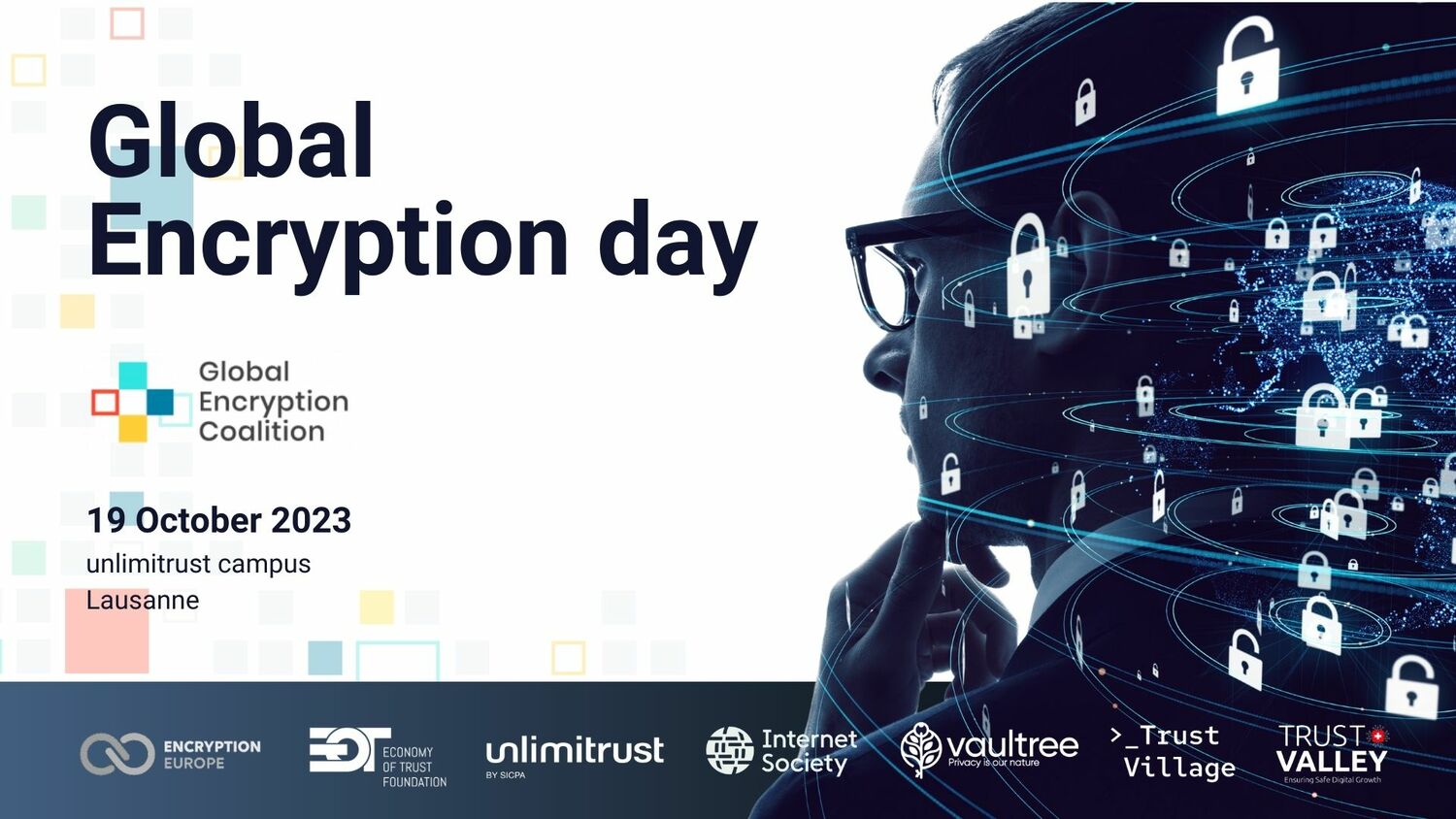
The Global Encryption Forum, which will be held at the unlimitrust campus on 19 October in Lausanne. Industry leaders, experts, and professionals (including EPFL Professors Jean-Pierre Hubaux and Serge Vaudenay), are brought together to delve into the intricate web of encryption’s economic implications in our interconnected world.
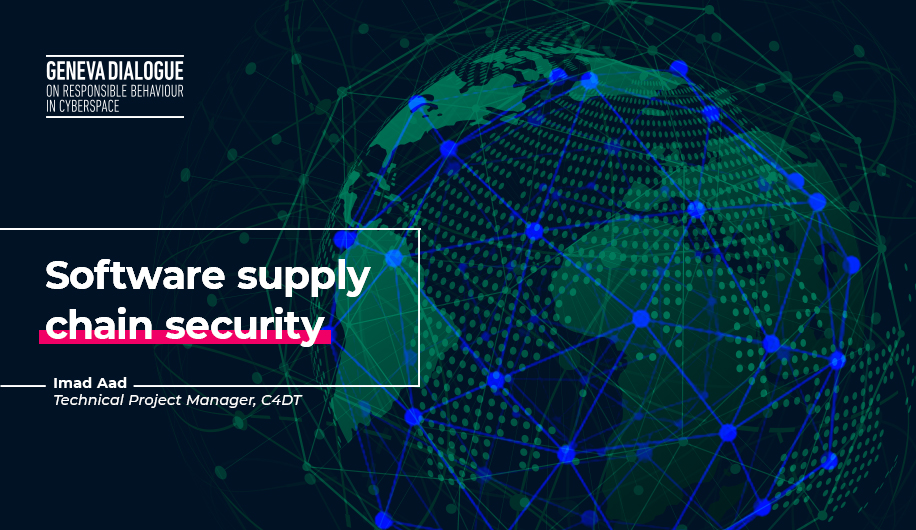
By Imad Aad, Technical Project Manager, C4DT *This blog post has been written as part of the Geneva Dialogue on Responsible Behavior in Cyberspace. Everyone can develop software, and the resulting quality can vary considerably. There is no single ‘right way’ to write code and reach a given goal. Numerous technologies exist with increasing (…)

The challenges faced by humanitarian organizations in general and by the International Committee of the Red Cross (ICRC) in particular are immense. Therefore, EPFL and ETH Zurich are joining forces with the ICRC through the Engineering for Humanitarian Action initiative to explore innovative solutions to such crises.
Do you ever code in modern Javascript? Then if you have multiple projects you are probably happy that nvm exists. Or maybe you’re more of a Python person? Then you must know about pyenv. Java? jenv or sdkman! Thing is, you often need to have multiple versions of a tool or binary installed when you (…)
The Trust Valley is pleased to invite you ONLINE on October 4th for the annual event of the Trust Valley.
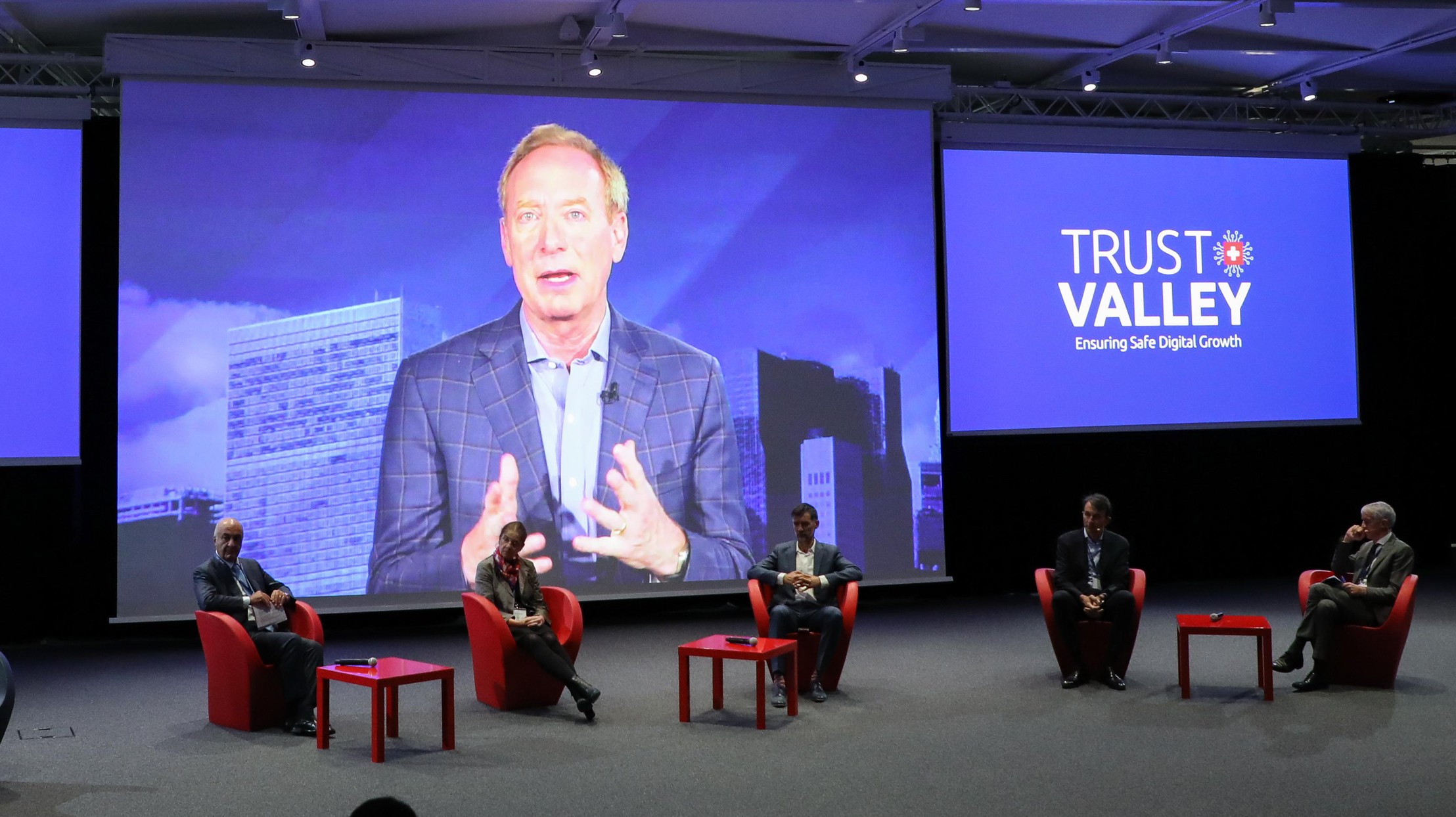
An alliance for excellence supported by multiple public, private and academic actors, the “TRUST VALLEY” was launched on Thursday, October 8, 2020. Cantons, Confederation, academic institutions and captains of industry such as ELCA, Kudelski and SICPA, come together to co-construct this pool of expertise and encourage the emergence of innovative projects.
Please click below for more information.
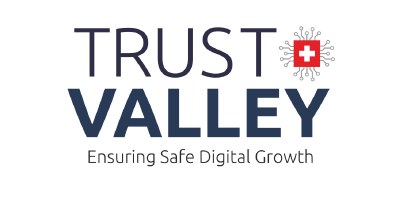
Building on the expertise of 300 companies and 500 experts, the Vaud and Geneva Cantons of Switzerland are launching the Trust Valley, a public private cooperation for safe digital transformation, cybersecurity and innovation. Among the founding partners are C4DT members ELCA, Kudelski Group and SICPA.
For more information please click below.
The 3rd edition of the Crypto Valley Conference will be held on On June 11-12 in Rotkreuz, Switzerland, with two days of in-depth discussions on the current state and future of blockchain technology.
More information will follow shortly. To access the event’s website, click below.
The Crypto Valley is now connecting Zug with Romandie. The Valley is Switzerland in its integrality, and beyond. To celebrate this major step, the Crypto Valley Association is officially launching its Western Switzerland Chapter on December 02 at EPFL, Lausanne. Join them in order to meet the dynamic local blockchain and crypto community. During the event, a specific focus will be kept on crypto finance, digital assets and blockchain education.
December 2nd, 2019 @ 17:00-19:00, Polydôme EPFL
By Prof. Wei Meng, Chinese University of Hong Kong
Click is the prominent way that users interact with web applications. Attackers aim to intercept genuine user clicks to either send malicious commands to another application on behalf of the user or fabricate realistic ad click traffic. In this talk, Prof. Wei Meng investigates the click interception practices on the Web.
Tuesday July 23rd, 2019 @10:00, room BC 420
Citizens have a right to an explanation of the decisions affecting them. However, if AIs are to be used in decision procedures, how can we explain complex AI systems to the general public, while so many computer scientists find them inscrutably opaque? In this presentation, an optimistic approach to this seemingly hopeless question will be presented.
California’s Privacy Protection Agency has launched its new Delete Request and Opt-out Platform (DROP), which allows residents to demand all registered data brokers delete their personal information in a single request. This data— Social Security numbers, income, political preferences, and so on—is used to profile people for decisions about credit, employment, and housing. This incredible achievement (…)
This technical talk points out several vulnerabilities in PGP implementations that are not caused by errors in the underlying cryptographic algorithms. It serves as a great reminder that software engineering is not just ‘writing code.’ To actually implement the entire stack correctly from algorithm to user interface, it is a craft that requires an understanding (…)
The DoD’s post-quantum mandate sends a clear message: data protection against quantum threats requires urgent action. If the Pentagon, with all its resources, is treating 2030 as an urgent matter, then large organisations and administrations with sensitive data should follow suit immediately. Fortunately, the approach focuses on proven processes rather than exotic technologies: taking an (…)

![[seal] call for projects](https://c4dt.epfl.ch/wp-content/uploads/2024/10/Screenshot-2024-10-08-at-15.30.54.png)
![[seal] call for projects](https://c4dt.epfl.ch/wp-content/uploads/2024/08/Seal-1.png)





